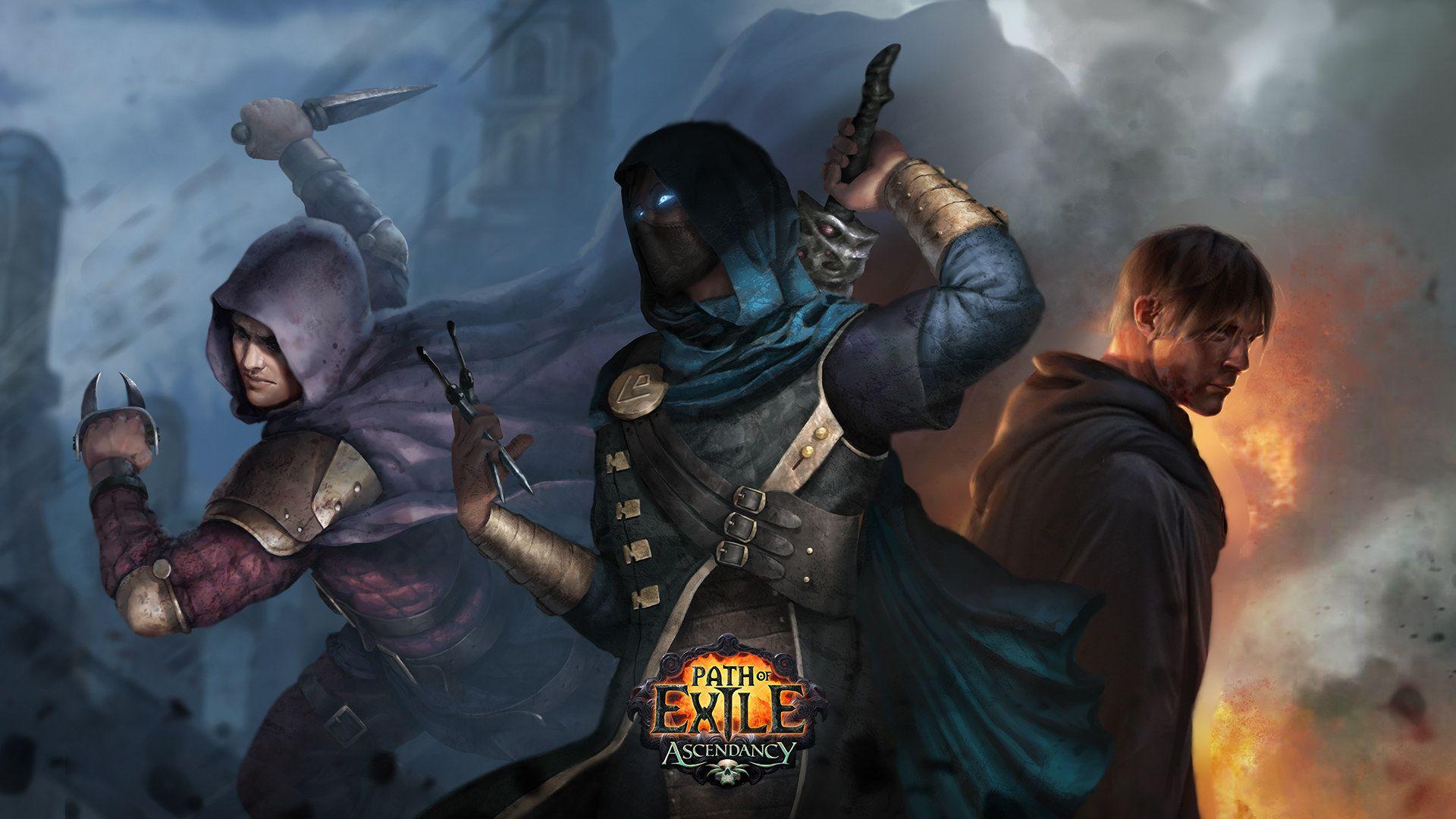When Passion Makes the Difference
Over the past few years, I’ve had a revelation that has fundamentally changed how I approach gaming. It’s a simple yet profound realization: I enjoy games more when I feel the developers and publishers care about their creation as much as, or more than, I do as a player.
The Slow Disillusionment
For nearly three years, I was deeply invested in Hunt: Showdown. The game’s unique blend of PvP and PvE elements in a dark, atmospheric world captivated me. I spent countless hours mastering its mechanics, learning every corner of its maps, and becoming proficient with weapons like the crossbow.
But gradually, something changed. It wasn’t the game itself, but my perception of how Crytek, the developer, approached it. Updates seemed to prioritize monetization over fixing long-standing issues. Community feedback appeared to fall on deaf ears. The roadmap became a series of promises that felt increasingly hollow.
The passion I once sensed from the development team seemed to wane, replaced by what felt like obligation rather than enthusiasm. This shift didn’t happen overnight, but as it became more apparent, my enjoyment diminished proportionally.
Recognizing the Pattern
This experience prompted me to examine other games I’d abandoned over the years. A pattern emerged:
- Games where developers communicated transparently, even about failures
- Games where updates focused on player experience rather than just revenue
- Games where the community felt heard and respected
These were the titles I stuck with longer, returned to more frequently, and ultimately, enjoyed more deeply.
Finding Renewed Joy
My search for games developed with genuine passion led me to Path of Exile. The difference was immediately noticeable. Grinding Gear Games demonstrates a level of commitment that’s rare in today’s gaming landscape:
- Detailed manifestos explaining design decisions
- Regular, substantial content updates that expand the game in meaningful ways
- A willingness to admit mistakes and change course when necessary
- Direct engagement with the community that goes beyond lip service
The developers’ enthusiasm for their creation is palpable, and it’s contagious. When I play Path of Exile, I don’t just enjoy the game—I appreciate the care that went into crafting each aspect of it.
This pattern of developer passion translating to player enjoyment continues with other standout titles. Baldur’s Gate 3 by Larian Studios exemplifies what happens when developers pour their hearts into a project. For five years, they meticulously crafted a world that honors both the Dungeons & Dragons source material and player agency. Their approach included:
- Extensive early access that genuinely incorporated player feedback
- Transparent development updates showing both successes and challenges
- An almost obsessive attention to player choice and consequence
- Post-launch support that continues to refine the experience rather than just moving on to the next project
In all these cases, the games aren’t perfect—they have bugs, balance issues, and design choices that don’t always land. But what sets them apart is that players can sense the genuine passion behind them. When developers clearly love what they’re creating, players are more willing to weather the occasional frustration because they trust in the overall vision.
The Developer-Player Relationship
This realization has helped me understand that gaming isn’t just a transaction where I exchange money for entertainment. At its best, it’s a relationship between creators and players built on mutual respect and shared passion.
When developers genuinely care about their creation, it shows in countless ways:
- Attention to detail - Small touches that enhance immersion without necessarily driving profit
- Responsive iteration - Willingness to refine systems based on how they actually function in players’ hands
- Community engagement - Not just marketing speak, but honest dialogue about the game’s direction
- Consistent vision - Updates that build upon the game’s core identity rather than chasing trends
- Long-term commitment - Supporting the game because they believe in it, not just because it’s profitable
The Business Reality
Of course, game development is a business. Companies need to make money to survive, and not every decision can prioritize player satisfaction over financial viability. I understand this reality.
However, the most successful games in the long term often find a balance. They generate revenue while maintaining the soul of what made them special. The irony is that focusing too heavily on monetization often backfires financially. When players sense that a game is being treated as nothing more than a profit vehicle, the magic fades quickly—and with it goes their willingness to spend.
Games like Path of Exile demonstrate this principle perfectly. Their free-to-play model generates substantial revenue not through aggressive monetization tactics, but by creating such a compelling experience that players want to support it. Players who feel respected are more likely to invest in cosmetics, supporter packs, and expansions. They become advocates who bring in new players, creating a sustainable ecosystem where financial success follows from genuine player satisfaction.
Conversely, games that prioritize short-term profits through aggressive monetization often see initial revenue spikes followed by community collapse. Without a dedicated player base, even the most cleverly designed monetization systems fail. You can’t monetize an empty server. The players who would have spent thousands over years of engagement leave after spending little or nothing, taking potential revenue with them.
Voting With Our Time
As players, our most valuable resource isn’t our money—it’s our time. When we choose to spend hundreds of hours in a game, we’re making a significant investment. Increasingly, I find myself unwilling to make that investment unless I feel the developers are equally invested in their creation.
This has changed how I approach new games. Before diving in, I research not just the game itself but the developers’ history, their communication style, and how they’ve treated their previous titles over time.
The Wider Impact
This phenomenon extends beyond individual games to shape entire genres and the industry itself. When passionate developers succeed, they set new standards for what players expect. They prove that caring deeply about your creation and treating your community with respect can be both artistically and commercially rewarding.
Conversely, when cynical, profit-driven approaches dominate, they can poison players’ relationship with entire genres or platforms. The rise of predatory monetization in mobile gaming, for instance, has led many players to dismiss the entire platform despite the presence of genuinely passionate developers creating for it.
Conclusion: A Two-Way Street
My gaming journey has taught me that the most meaningful experiences come from games where passion flows in both directions—from developers to players and back again. When I sense that the creators care deeply about their work, it amplifies my own enjoyment and investment.
This realization has been liberating. Rather than forcing myself to stick with games where that passion has faded, I now feel empowered to seek out experiences where it still burns brightly. There are too many passionate developers creating wonderful games to spend time with those that feel like products rather than labors of love.
As I continue exploring new games, this will remain my north star: finding experiences created by people who care as much about their games as I do about playing them. Because when that alignment happens, gaming transcends mere entertainment and becomes something truly special.

